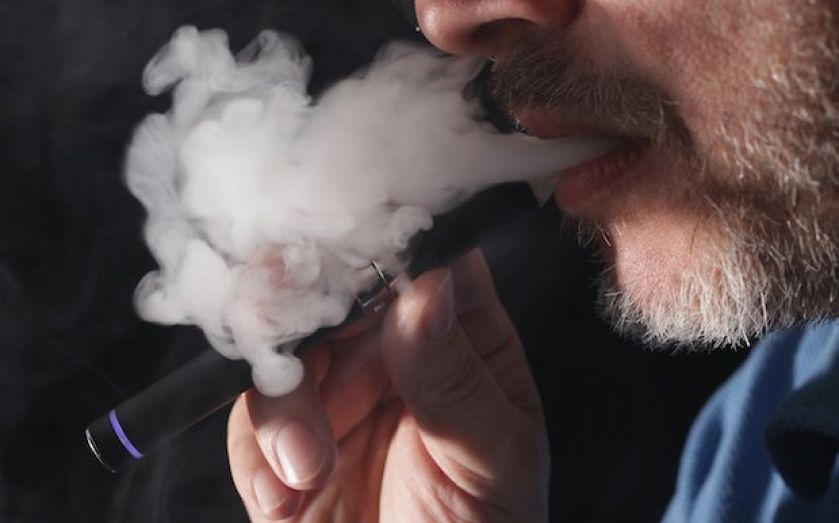Ecigarette battle heats up as scientists demand strict regulation from the WHO

The battle over the future of ecigarettes heated up last night after over 100 scientists and anti-tobacco campaigners wrote a letter to the World Health Organisation (WHO) demanding greater regulation of the product.
The letter supported the regulation of ecigarette marketing, safety and efficacy data, as well as protection from second-hand vapour.
Questioning the effectiveness of ecigarettes as a cessation device, the letter urged regulators to adhere to the precautionary principle.
"The absence of detailed evidence on adverse health effects is not evidence that no health effects exist," said the letter.
The WHO is currently in the process of preparing a paper to submit to its tobacco control convention, which is made up 178 countries.
The letter warns that mass adoption of e-cigarettes could lead to the renormalisation of smoking. However, scientists, researchers and public health specialists remain deeply split on the issue.
Christopher Snowdon, head of lifestyle economics at the Institute of Economic Affairs, told City A.M.:
This letter disingenuously claims it supports the precautionary principle and evidence-based policy while supporting the opposite.
There is enough evidence for us to know that a precautionary approach means letting the ecigarette market thrive. Restricting, medicalising or banning ecigarettes is the hazardous approach because it will mean fewer smokers switching.
Snowdon's comments echo the 53 scientists who wrote to Chan warning that imposing the same strict regulation tobacco products face would cost lives by reducing the number of people quitting.
Supporters of ecigarettes can point to a limited but growing body of evidence to support their claims.
A 2011 clinical trial found that e-cigarette use led to sustained smoking abstinence for 22.5 per cent of smokers who were not motivated to quit, and there was a large reduction in cigarette consumption for a further 32.5 per cent.
More recently, a 2013 New Zealand study, published by the Lancet, divided 657 smokers into three categories: one-third were asked to use nicotine patches, one-third ecigarettes and one-third fake (placebo) ecigarettes. The ecigarette users were more likely to abstain from smoking altogether during the experiment, more likely to halve their use of cigarettes if they did not quit entirely, and three times more likely to continue with the product afterwards.
The WHO has, so far, not been entirely receptive to the e-cigarette revolution. In April, elements of the WHO suggested plans to regulate the electronic devices as stringently as conventional tobacco, according to leaked documents seen by the Financial Times (FT).
According to minutes seen by the FT, head of the convention secretariat Dr. Haik Nikogosian said ecigarettes "could result in a new wave of the tobacco epidemic".
The WHO's considerations followed the same line of thinking as the US Food and Drug Administration (FDA), which has said it plans to regulate ecigarettes as tobacco products. The debate is particularly relevant to the UK.
In 2013, ecigarette sales for the UK rocketed 340 per cent year-on-year, overtaking nicotine patches for the first time. There are now an estimated 1.3m ecigarette users in the UK alone.